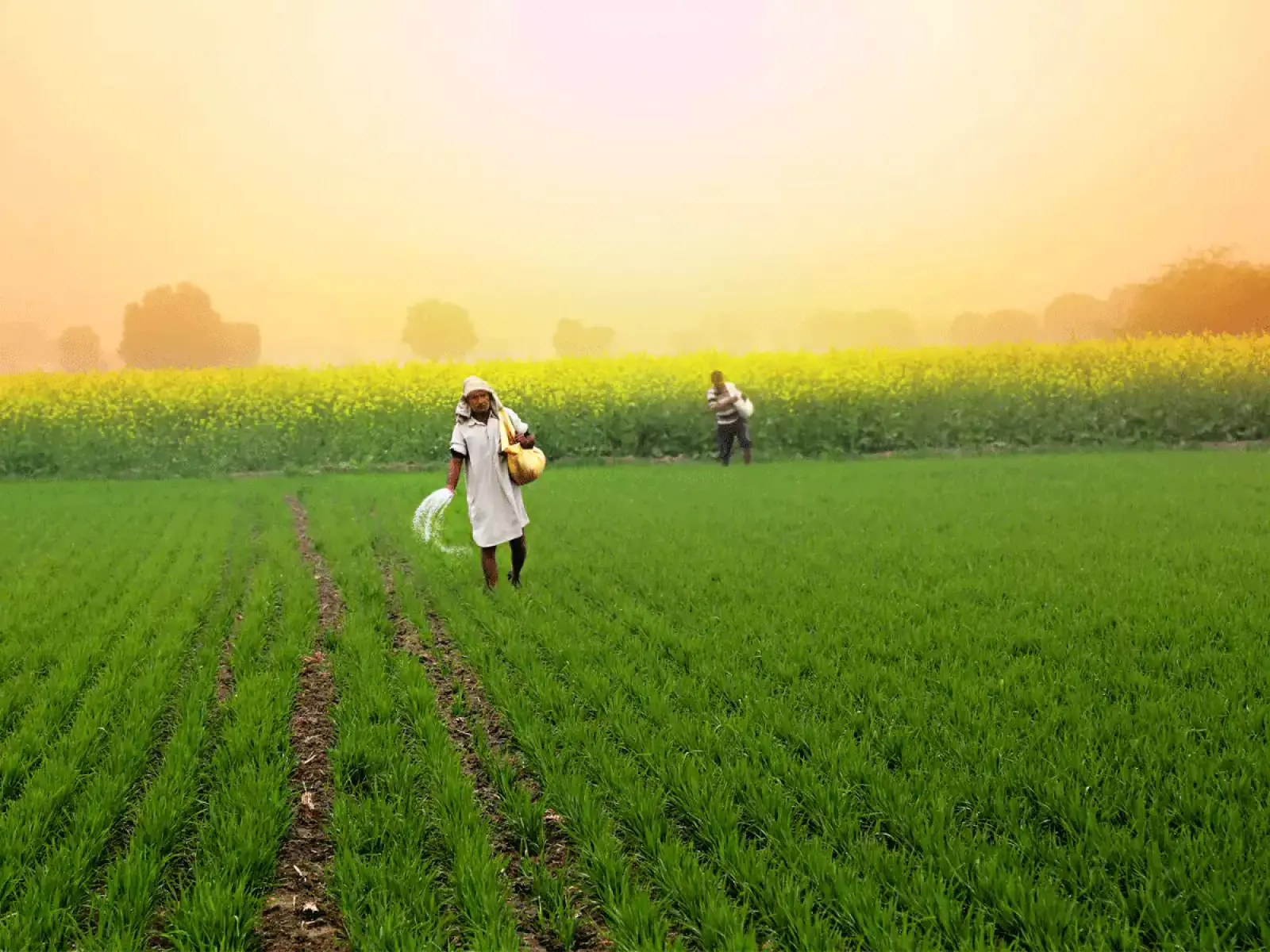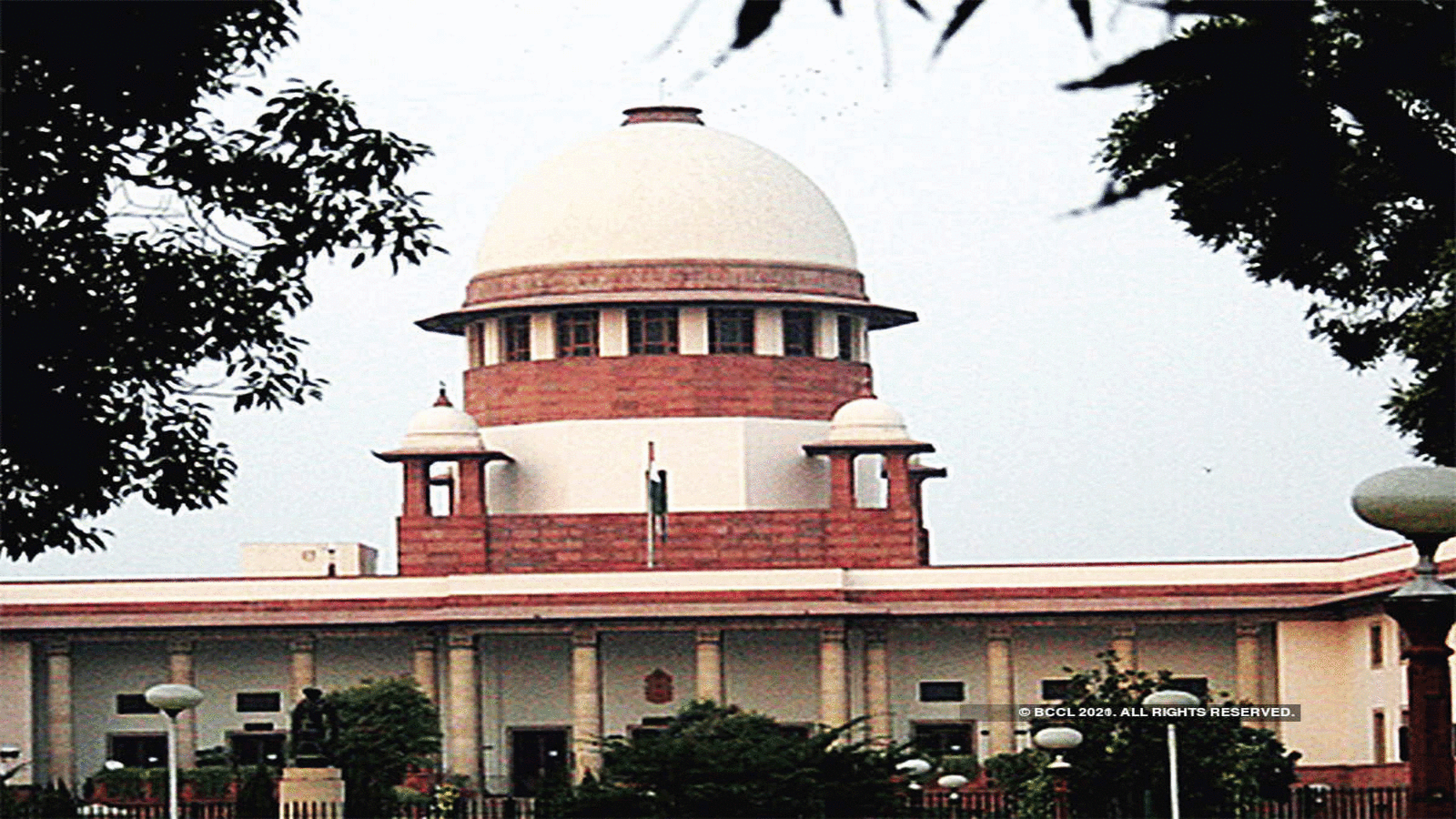Central government's big plan for Naxal-affected areas will enhance farmers' income and minimise their reliance on foreign nations
Various efforts are being made by the governments to improve the standard of living of people in Naxal-affected areas. Taking another initiative in this direction, the central government has started an important project for the Naxal-affected areas of Chhattisgarh and Jharkhand, which will increase the income of farmers as well as reduce dependence on foreign countries.

Government is encouraging the cultivation of pulse-crops, particularly tur and urad, in the Naxal-affected districts and tribal regions of Jharkhand and Chhattisgarh. The intention of the government behind this move is to increase the nation's production of pulses and improve the incomes of farmers.
It is basically a kind of pilot project and based on its success, it will be expanded throughout the country. This ambitious initiative of the government can decrease the dependence of India on the import of pulses. According to the National Cooperative Consumer Federation of India Limited that was operating the scheme, it has identified four districts in Jharkhand and five in Chhattisgarh.
NCCF Managing Director Anis Joseph Chandra said, "We are promoting tur and urad production this kharif season in selected Naxal-affected and tribal areas of Jharkhand and Chhattisgarh. The targeted districts include Rajnandgaon, Jaspur, Bastar, and Mohla Manpur in Chhattisgarh and Palamu, Katihar, Dumka, and Garwa in Jharkhand. Hybrid seeds have been distributed for the current kharif season."
Want to get your story featured as above? click here!
Want to get your story featured as above? click here!
She said farmers are being encouraged to register in advance on NCCF's e-Sanyukt portal to sell their produce to the cooperative society. Offline applications are available for farmers who are not so familiar with the technology. NCCF will procure pulses at the minimum support price (MSP), but if the market price is higher than the MSP, farmers can sell to private traders.
Chandra said, "Assured procurement will encourage farmers to expand cultivation and improve their income while helping reduce India's pulse imports. NCCF, which procures pulses for government stock, hopes to achieve half of its target through this initiative.'
Under the campaign run under the National Edible Oil Mission-Oil Palm, more than 17 lakh oil palm plants have been planted in an area of more than 12,000 hectares in various states. The campaign, launched on July 15, shows the collective efforts of various state governments and palm oil processing companies towards increasing oil palm cultivation in the country.
The campaign, which will run till September 15, 2024, has seen enthusiastic participation from many states including Andhra Pradesh, Chhattisgarh, Goa, Gujarat, Karnataka, Kerala, Odisha, Tamil Nadu, Telangana, Arunachal Pradesh, Assam, Manipur, Mizoram, Nagaland and Tripura. The National Mission for Edible Oils-Oil Palm, launched by the Central Government in August 2021, aims to expand the cultivation of oil palm and promote the production of crude palm oil.
India is the world's second-largest consumer and number one vegetable oil importer and meets nearly 60 percent of its needs through imports. A large portion of this is palm oil and its derivatives, which are imported from Indonesia and Malaysia.

































.jpg)





















.jpg)






















